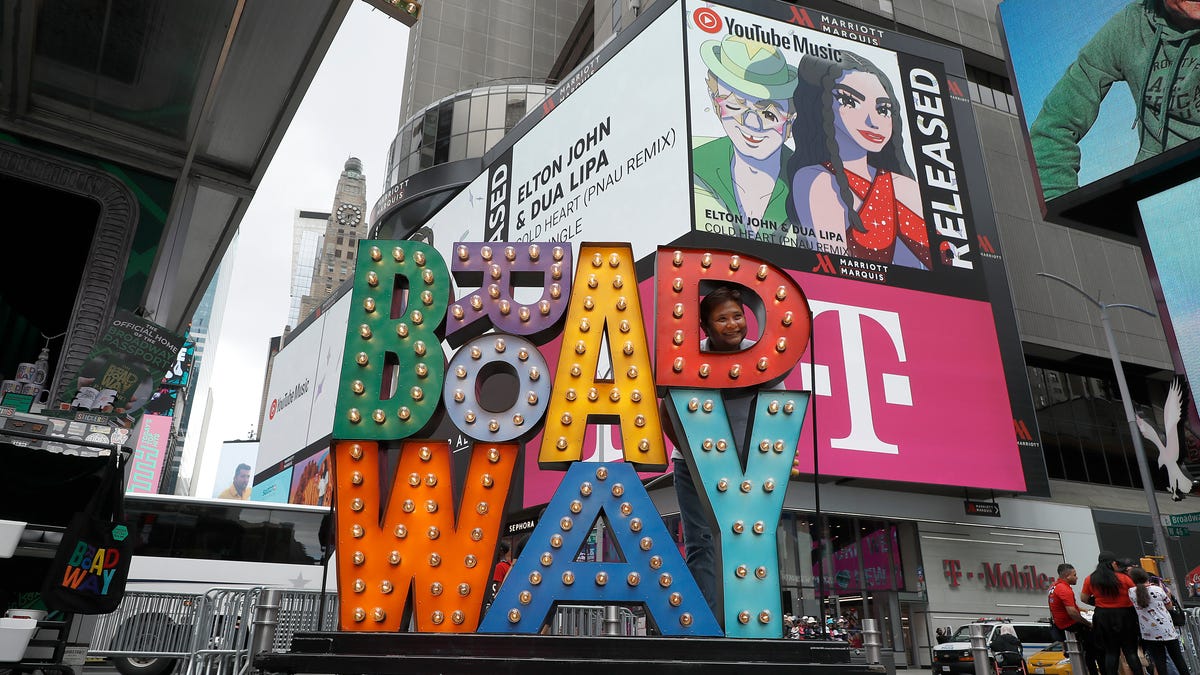Black Theatre United releases industrywide reforms for diversity on Broadway
The document is the product of a five-month summit with industry leaders, owners and creatives.

Black Theatre United, a group of theater professionals founded in response to the Black Lives Matter protests and racial injustices in 2020, has released a document of reforms and initiatives that seek to strengthen the industry's diversity practices, entitled A New Deal for Broadway.
The document comes at the culmination of a five-month summit that started in March, with industry leaders including producers, theater owners and creatives coming together to compose standards that will shape Broadway as it reopens and beyond.
Signatories of A New Deal also include the owners and operators of all 41 Broadway theaters, the Actors' Equity Association and the Broadway League.
We are grateful to all those who have taken this important first step with us to reopening our industry with a bright spotlight focused on diversity, equity, inclusion, accessibility, and belonging for Black professionals in the arts. #NewDealForBroadway https://t.co/hXblhZzxWH
— BlackTheatreUnited (@BLKTheatreUnite) August 23, 2021
Developed in consultation with the Center for Diversity, Inclusion, and Belonging at NYU School of Law, the document states, "For far too long, Black artists, theater makers and technicians in all areas of our industry have been subjected to systemic and interpersonal racism that has harmed their lives and careers and diminished us all."
"This document memorializes our commitments — to our industry, to each other, and to ourselves — arising from that summit process. We know that we must do better, and we commit to leaning into change."
Some of the key takeaways from the document include the following reforms:
- Each of the three major Broadway theater owners (Shubert Organization, Nederlander Organization and Jujamcyn) will name at least one of its theaters after a Black artist.
- Industrywide training for equity, diversity, inclusion, accessibility and belonging for the theatrical Industry will be mandatory.
- Producers will commit to hiring creative talent from historically excluded and underrepresented groups on every new creative team, regardless of the subject matter of the show.
- Unions will appoint a chief diversity officer, alongside audits of each union's staff to examine any areas of potential bias.
- Directors and authors will insist on a diversity rider in all new contracts with producers.
- All casting, unless a role genuinely requires a specific demographic, will be inclusive.
- Unpaid internships will be abolished, with interns to be paid no less than the minimum wage.
- Twice-annual meetings through 2024 will be held between signatories and BTU to evaluate further reforms and changes.
With Broadway in the process of reopening after the coronavirus shutdown, these measures will set the tone for both the short and long term of Broadway's future.

